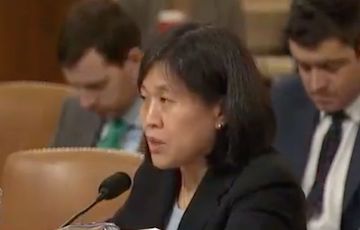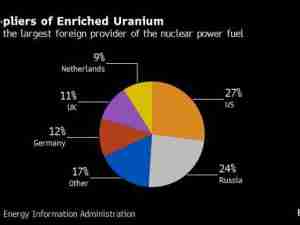President-elect Joe Biden has tapped senior House staffer Katherine Tai to become his trade representative, two people familiar with the matter said.
Biden plans to nominate Tai, who currently serves as chief trade counsel on the House Ways and Means Committee, to lead his trade agency.
Tai was a key figure in negotiations with the Trump administration and House Speaker Nancy Pelosi on a revamped North American Free Trade Agreement, which passed both the House and Senate with overwhelming bipartisan majorities.

The Biden transition declined to comment.
Despite her reputation as a progressive Democrat, she’s respected by both members of both parties, who have praised her ability to find common ground on thorny matters such as those involving both business and labor.
Those skills could come in handy. The new trade chief will surely face pressure from competing interests on the question of whether or not to remove billions of dollars in tariffs that the Trump administration has put in place.
She’s also not new to the agency. Before her work on Capitol Hill, she served as USTR’s chief counsel for China enforcement and associate general counsel for a total of seven years.
The Trump administration will leave a full plate for the incoming U.S. Trade Representative, whose early duties are likely to include enforcing – and possibly renegotiating—a partial U.S.-China trade agreement, charting a path to revamp the World Trade Organization and untangling various trade disputes with the European Union.
Managing the China relationship is likely going to be the most high-profile and pressing task, but Biden has signaled he’s in no rush to change or initiate any trade actions, pledging instead to focus on domestic investment first.
In rare public comments in August, Tai laid out what she considered progressive visions for trade.
“One of the most important lessons is to have robust political support—and that is within the Congress and also with the American people in terms of what you’re going to do on trade,” she said at an event hosted by the Center for American Progress, a Democratic think tank.
The China challenge isn’t going away, Tai said, but going forward the U.S. should be more strategic about its approach.
“A progressive trade policy has to have both offensive and defensive elements,” she said. “The offensive has got to be about what we’re going to do to make ourselves and our workers and our industries and our allies faster, nimbler, be able to jump higher, be able to compete stronger and ultimately be able to defend this open, democratic way of life.”
Tai is also a fluent Mandarin speaker and received a law degree from Harvard University and a bachelor’s degree from Yale.







